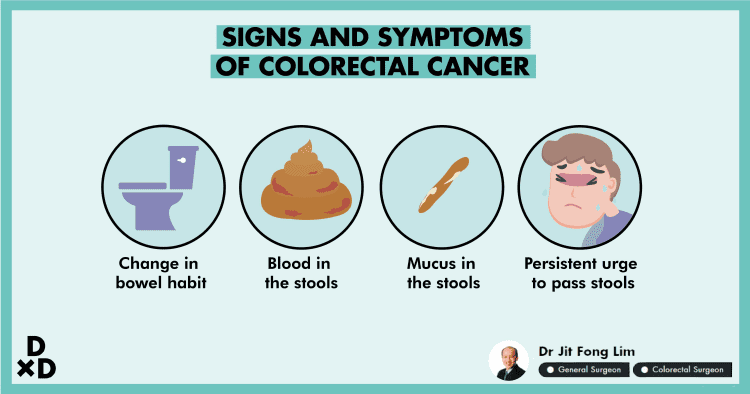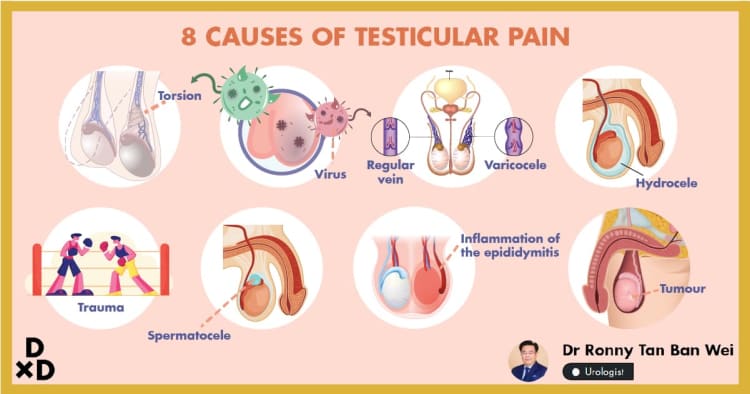A hernia is a common problem. It results in the belly or groin having a small bulge. It can sometimes be harmless and painless, but it can sometimes be painful and uncomfortable.
To raise awareness of this common condition, I will share 7 facts about it:
1. There is more than one type of hernia
There are different types of hernias. What type of hernia you get depends on where it is [1]:
- Femoral hernia. An upper thigh bulge, just under the groin. This form is more common amongst women than among men.
- Hiatal hernia. This hernia occurs in the upper part of the stomach. The upper part of the stomach pushes into the chest.
- Incisional hernia. If you have had abdominal surgery in the past, an incisional hernia will happen around the scar area.
- Umbilical hernia. This is a bulge circling the belly button. It occurs when the muscle around the belly button do not fully close after birth.
- Inguinal hernia. That is a groin bulge and is more common in men. It will reach all the way down into the scrotum.
2. Surgery is the only treatment for hernias
The only way to treat a hernia is by surgery. Various techniques exist, including open and laparoscopic surgery. Just because you have muscle weakness in your abdomen or a hernia doesn't automatically mean you need surgery right now.
A hernia can be healed easily and with relative ease, if done by a professional surgeon. The surgeon will put you under general anaesthetic, and make a slight incision to get to the site of the hernia. The protruding tissue will be put back in the wall of the muscle and the wall itself will be fixed to ensure that it will not burst again.
Find out how to choose the right colorectal surgeon here!
3. In 1500 BC, the first reported hernia surgery took place
Surgeries of all sorts date back thousands of years but historians believe it was the Egyptians who performed the first known hernia surgery back in 1500 BC. Mummified remains of great pharaohs such as Merneptah and Ramses V indicate that both suffered from inguinal hernias and were possibly treated.
4. Most hernias are the result of simple acts

It's easy to imagine how a hernia could form during physical exercise or as a result of the body's compromised muscle area due to an earlier surgery, but many of the hernias that I operate on are the result of routine activities. More common causes of hernia include:
- Sneezing
- Coughing
- Clearing your throat
- Pushing during bowel movements
5. Hernias may be deadly
Hernias will become larger over time, becoming more noticeable and create more complications if left untreated. Those issues, however, are rarely severe [2].
The majority of hernias are non-life-threatening, but that doesn't mean you can ignore the issue and hope it resolves itself. If the hernia is trapped or strangulated, the crucial blood flow to critical parts of the body can be cut off, which can lead to organ failure and even death.
6. Obesity plays a large part in hernia growth
Obesity is a significant risk factor for the development of both primary and incisional hernia [3]. If you are overweight, your abdominal pressure is high now. But being obese doesn't only place you at risk of getting a hernia, it can make healing a hernia more difficult and make it likely that you will develop another later.
7. Hernias are more common among men

It's more common for men to experience hernias purely based on their anatomy. Men are far more likely to develop a hernia, specifically inguinal hernias, that occurs in the inner groin than females.
Inguinal hernias can happen to women but in men, they are far more common. This is due to the differing anatomy of men in the groin area. Men have a tiny hole in the groin muscles required to move through the blood vessels to their testicles. The small difference makes men more susceptible than women to inguinal hernias.
Also read: The Ultimate Guide to Prostate Cancer in Singapore (2021)
Dr Ng Chee Yung is a colorectal surgeon with One Surgical Clinic & Surgery. He graduated from the University of Western Australia in 1997. Following a training period that included military service, Dr Ng obtained his postgraduate qualifications in surgery from the Royal College of Surgeons in Ireland in 2002.
Dr Ng is well versed in different kinds of minimally invasive surgical procedures. In addition to laparoscopic colorectal resections, his clinical experience includes more advanced procedures such as robotic colorectal resection, single port laparoscopy, extended lymph node clearance for advanced colorectal cancer, colonic stenting, transanal (scarless) endoscopic microsurgery and transanal total mesorectal excision.









